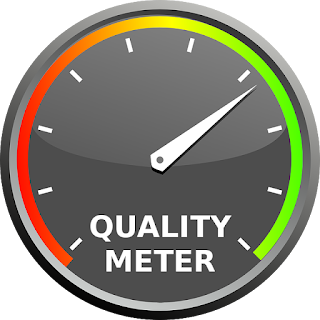Perhaps it’s the arrogance of the native English speaker that everyone else in the world should or could understand English well enough to think they don’t need to bother with learning another language themselves. In the business world, this arrogance, or misunderstanding, means that an astonishing number of companies think they can communicate with the rest of the world in English.
For some businesses, it’s more about a false economy than arrogance or ignorance. The thinking is that all a business has to do is to advertise its products or services on its website and millions of people around the world will be glued to their screens in anticipation.
To be honest, this is a failing of English language based businesses more than any other language. It doesn’t take too much persuasion for a German company, for instance, that is considering expanding its market beyond the borders of Germany and a few other European countries where German is widely spoken. Few people really are able to understand German, so there is an obvious need to include German translators in the budget when it comes to expanding a market, even if it is just having an English, French or Spanish website version available.
Some startling gaps in the business plan of U.S. companies, for instance, illustrate where some businesses are failing to grasp their mistakes. One translation firm did some research into what languages a sample of 160 U.S. based businesses translated their marketing material into. The answer was that nearly half of them did not even bother to translate into Spanish, despite the huge Spanish speaking population in that country and that the same language is spoken throughout Central and South America, which is a key international market target for U.S. businesses.
German companies, by contrast, accustomed to having to communicate in other languages, are at a distinct competitive advantage in having no compunction in hiring German English translation services if they are targeting English language based markets and no doubt finding professional translators to translate their marketing material into other key languages, too. There is an old saying that you get what you pay for and in terms of paying out for translation services, international wannabe businesses that allocate part of their budget wisely will reach the people they intend to reach while others will never be heard.






